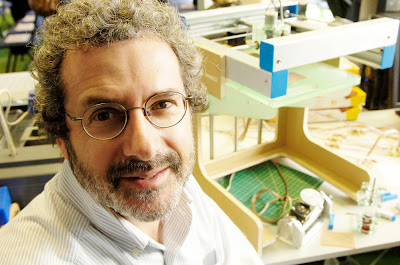This is very general advice. I'll keep looking for something with a bit more detail.
Video:
Letter Writing
Now here's an example of a semi-formal email. It's crisp and friendly. He's quite a big shot and it's partly a letter of refusal (well it's more open-ended than that) so he has to weigh his words carefully. He knows he's dealing with a sensitive artist! How important is the word "unfortunately" in this letter? What about the word "any" in the same sentence - what purpose does it serve? Do you think he succeeds in not sounding like a jerk? What's his secret?










